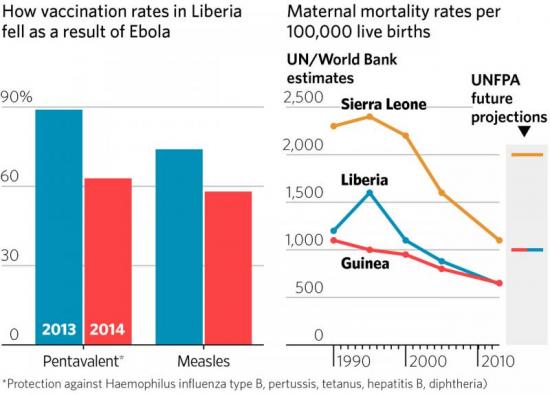You are here
Thu, 2013-07-04 12:32 — mdmcdonald
The Guinea Resilience System working group is focused on the development of Resilience Systems in Guinea.
The mission of the Guinea Resilience System working group is to develop Resilience Systems and their nested subsystems in Guinea.
Add Content to this group
Members
| Abdoulaye Drame | Aboubacar Conte | Anthony | Boubacar Kaba | Carrielaj | Chisina Kapungu |
| Elhadj Drame | Hadiatou Balde | Ismael Dioubate | John Wysham | Kathy Gilbeaux | Lancine Konate |
| Mamadou Diallo | Mamadou Moustap... | Mamadou Sylla | mdmcdonald | MDMcDonald_me_com | mike kraft |
| Norea | Souleymane Drame |
Email address for group
guinea-resilience-system@m.resiliencesystem.org




 submitted by Denis Gilhooly
submitted by Denis Gilhooly
 The corpse of a patient who passed away is given back to the family for funerals after being decontaminated by the MSF teams. It was washed with chlorine solution and put it in a hermetic bag also disinfected to leave the high risk area.
The corpse of a patient who passed away is given back to the family for funerals after being decontaminated by the MSF teams. It was washed with chlorine solution and put it in a hermetic bag also disinfected to leave the high risk area.
 Joanne Liu visiting an MSF trauma centre in Kunduz, Afghanistan.
Joanne Liu visiting an MSF trauma centre in Kunduz, Afghanistan.
Recent Comments